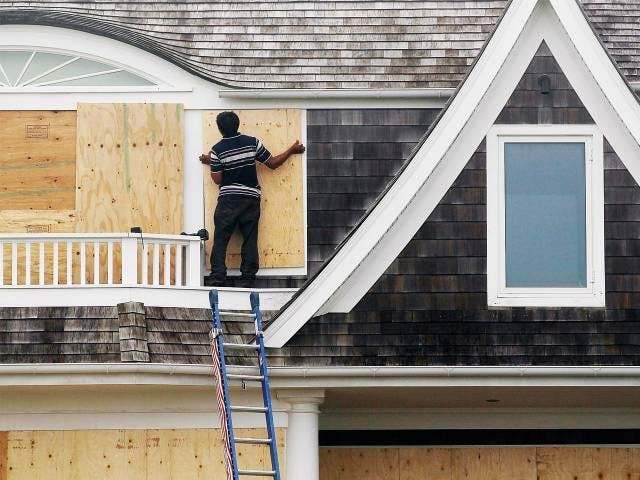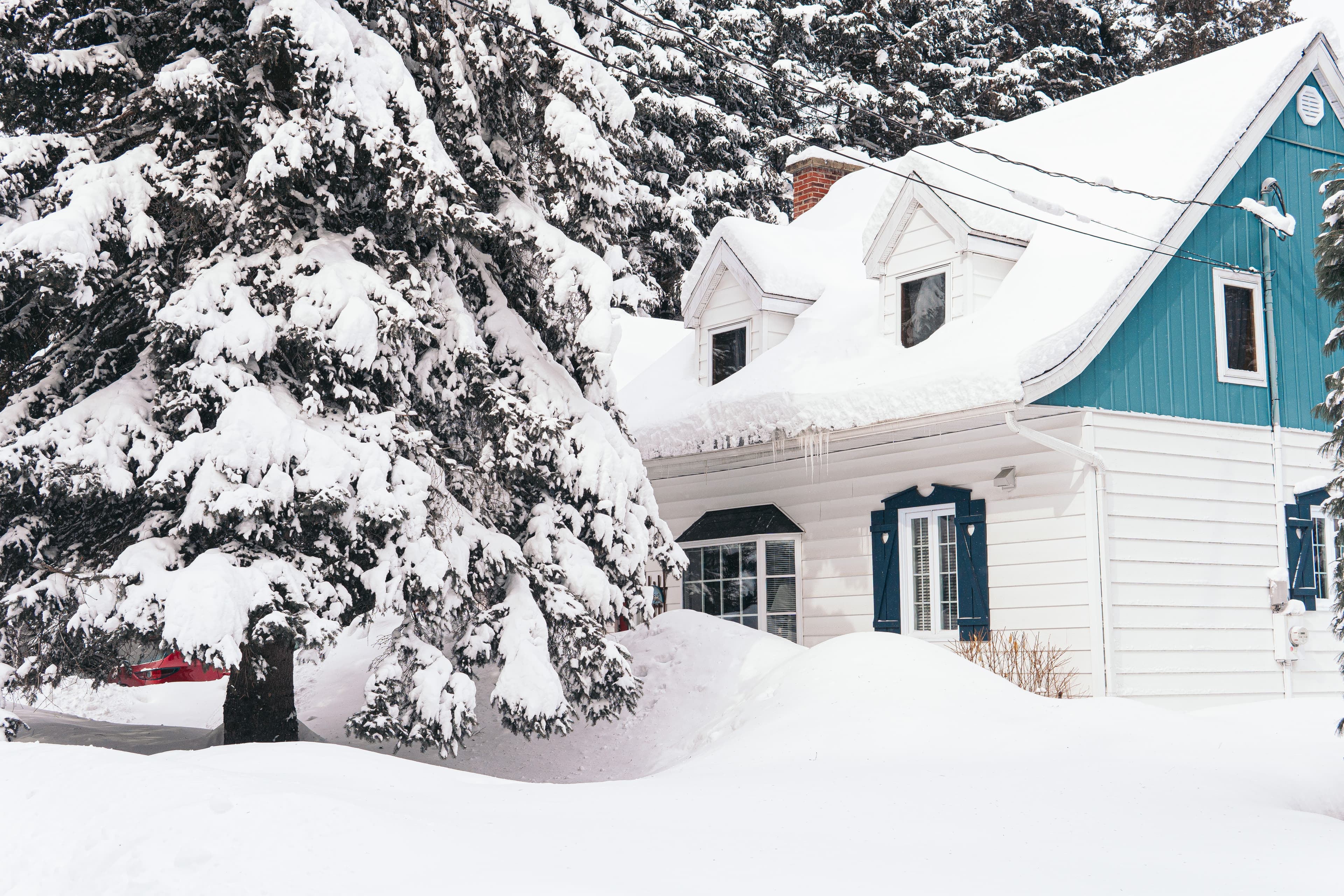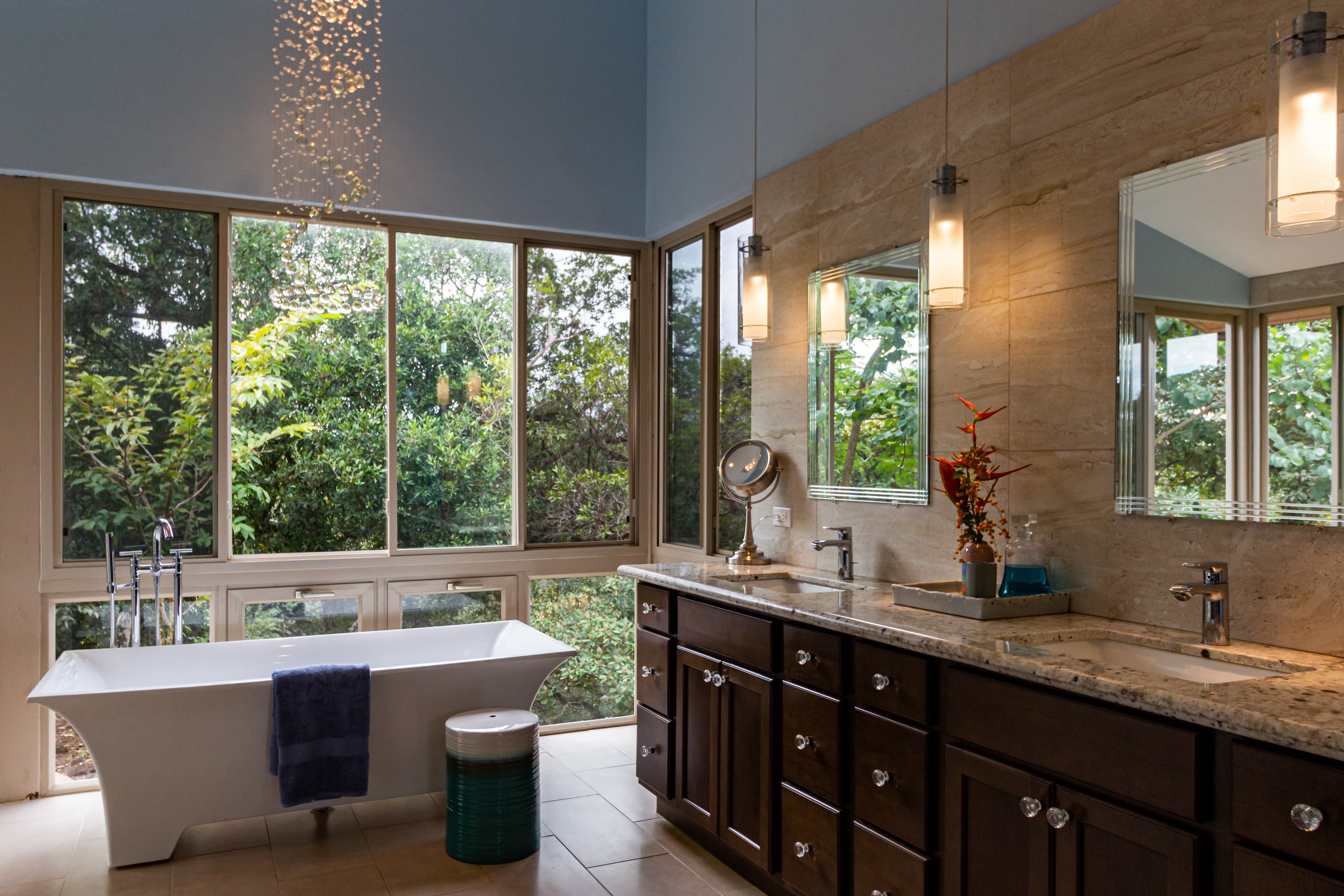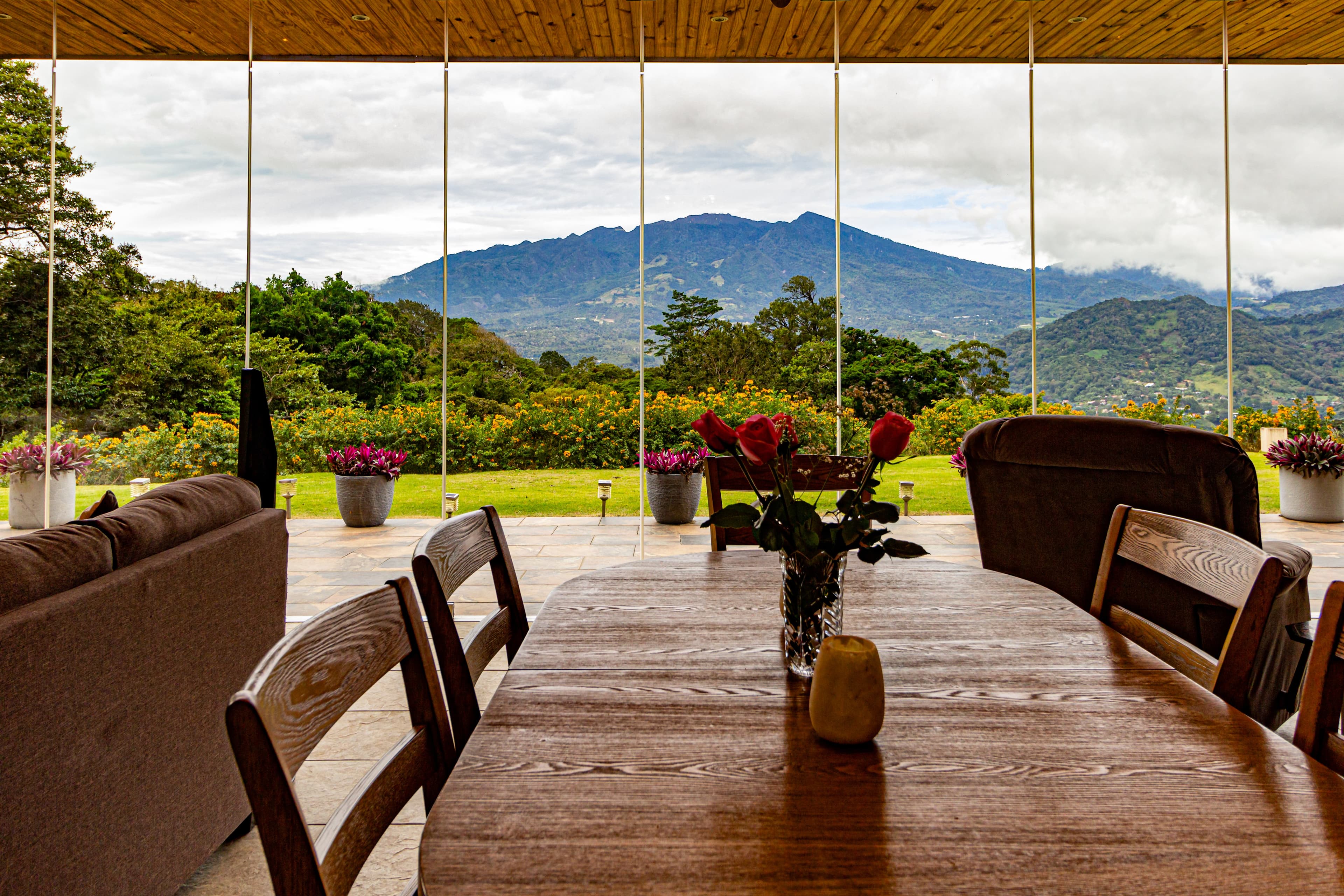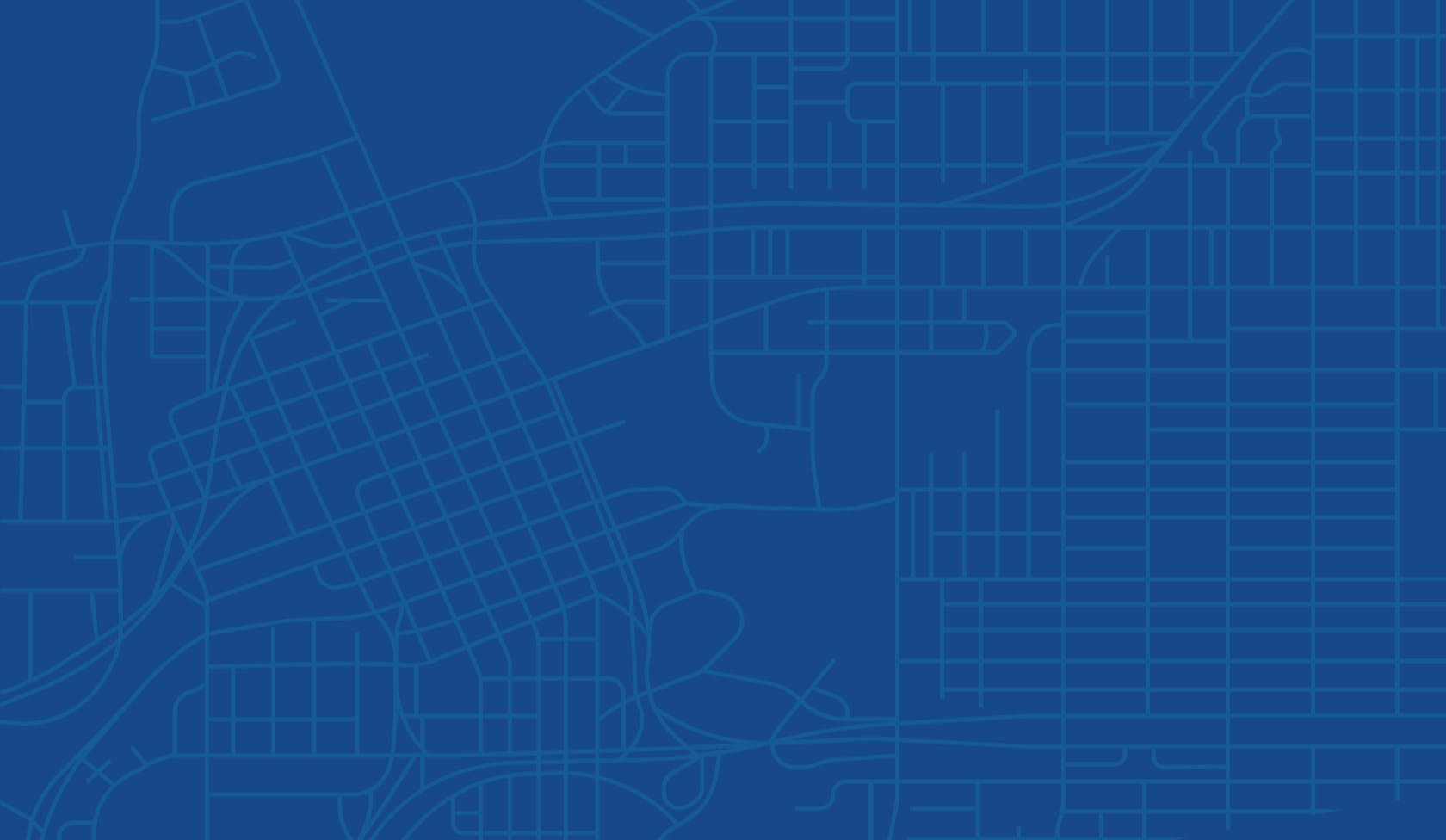TL;DR
Hurricane damage causes temporary real estate price declines of 5% to 31% depending on severity, but markets typically recover within one to three years as rebuilding drives up property values. Properties with major damage see the largest short-term drops but often rebound to 10% to 15% above pre-storm levels after renovation. Smart homeowners can protect their investment with hurricane-resistant upgrades that add 2% to 4% resale value and cut insurance premiums by 10% to 45%. Understanding these recovery patterns helps buyers spot post-storm opportunities while sellers can time their listings for maximum value.
When a hurricane makes landfall, the immediate focus is on safety and recovery. But in the weeks and months that follow, homeowners, buyers, and sellers face pressing questions about what happens to property values. Will my home ever be worth what it was before the storm? Is now a good time to buy in an affected area? How long until the market rebounds?
The answers may surprise you. Research from the Federal Housing Finance Agency and other institutions reveals that property values in hurricane-affected areas often follow predictable recovery patterns. Understanding these patterns can help you make informed decisions whether you are buying, selling, or simply protecting your investment in storm-prone regions.
Need Expert Guidance in a Storm-Affected Market?
Our vetted agents have helped thousands of clients navigate hurricane-impacted real estate markets.
Find a Top Agent Near YouThe Staggering Cost of Hurricane Damage to Housing
Hurricanes represent the single most expensive natural disaster category for American homeowners. According to the National Oceanic and Atmospheric Administration (NOAA), tropical cyclones have caused over $1.5 trillion in total damages since 1980, with an average cost of $23 billion per event. These numbers have accelerated dramatically in recent years as more people move to coastal areas and home values continue to rise.
The 2024 hurricane season proved particularly destructive, with Hurricanes Helene and Milton causing over $113 billion in combined damages across Florida, Georgia, the Carolinas, Tennessee, and Virginia. These storms disrupted housing markets, displaced residents, and created uncertainty for property owners throughout the Southeast. Hurricane Helene became the deadliest Atlantic hurricane since Maria in 2017 and the deadliest to strike the U.S. mainland since Katrina in 2005.
Historical Cost Comparison: Major Hurricanes
Immediate Impact: What Happens to Home Values After a Hurricane
When a hurricane strikes, the housing market response follows a predictable pattern that unfolds over weeks and months. Understanding this pattern helps homeowners set realistic expectations and allows buyers to identify potential opportunities.
The First 90 Days: Market Freeze and Price Uncertainty
In the immediate aftermath of a major storm, real estate transactions often come to a near-complete halt. Homeowners cannot schedule inspections, buyers cannot assess damage, and insurance claims create uncertainty about true property conditions. According to research from the Journal of Environmental Economics and Management, this freeze typically lasts one to three months depending on storm severity.
During this period, the few properties that do sell often trade at significant discounts. Properties with visible damage may sell for 20% to 30% below pre-storm values as sellers accept lower offers to facilitate quick sales and avoid carrying costs during repairs.
Price Decline by Damage Level
Research from the Federal Housing Finance Agency analyzing Hurricane Sandy's impact on New Jersey housing markets provides the most detailed breakdown of how damage severity affects property values:
| Damage Level | Initial Price Drop | Recovery Timeline | Post-Recovery Premium |
|---|---|---|---|
| Major/Destroyed | 31% decline | 4-7 years | +18% above pre-storm |
| Minor Damage | 11-12% decline | 2-3 years | +14% above pre-storm |
| Affected (Very Minor) | No significant drop | N/A | +16% above pre-storm |
| Undamaged in Flood Zone | 4-5% decline | 1-2 years | Returns to baseline |
Key Finding: Properties that undergo renovation and rebuilding after hurricane damage often sell for 12% to 18% more than non-damaged properties in the same area, reflecting quality improvements made during repairs.
The Recovery Curve: How Long Until Values Rebound
One of the most important findings from hurricane research is that real estate markets consistently recover, and often exceed pre-storm values within a few years. This recovery follows a predictable curve driven by rebuilding activity, reduced housing supply, and sustained demand for desirable locations.
The Recovery Overreaction Pattern
Analysis by The Counselors of Real Estate reveals a "recovery overreaction" pattern in post-hurricane housing markets. Home prices and transaction volumes typically dip sharply in the first two quarters following a major storm, then rebound with positive momentum. This pattern suggests that while hurricanes temporarily depress prices, they also create investment opportunities as markets overcorrect during the recovery phase.
What Drives the Recovery
Several factors contribute to market recovery after hurricanes:
Rebuilding Investment: Homeowners who rebuild often make significant improvements beyond simple repairs. New roofs, updated windows, and modern systems add genuine value. Research shows that damaged properties in flood zones saw renovation spending average $10,380 more than undamaged properties, with major damage repairs running significantly higher.
Supply Constraints: As damaged homes come off the market for repairs, available inventory decreases. This supply reduction supports prices even as some damaged properties sell at discounts.
Sustained Demand: Desirable locations remain desirable. Coastal areas, warm climates, and established communities continue attracting buyers despite hurricane risk. Florida, for example, continues to see population growth even after major storms.
Building Code Improvements: Homes rebuilt after storms must meet current building codes, which are significantly more stringent than codes from previous decades. This creates a "code premium" where newer construction commands higher prices and lower insurance costs.
Case Studies: Recovery Patterns from Recent Hurricanes
Hurricane Ian (2022): Southwest Florida
Hurricane Ian caused an estimated $112 billion in damage, making it the third-costliest hurricane in U.S. history. The storm devastated Fort Myers Beach and Naples, destroying or damaging thousands of homes.
Market Response:
Listing prices in Lee County remained approximately 7.5% below pre-Ian levels as of mid-2025, according to Realtor.com data. However, this varies significantly by property type and damage level. Elevated homes with hurricane-resistant features recovered quickly, while ground-level properties in flood zones continued facing challenges from higher insurance premiums and repair costs.
Recovery was driven by significant rebuilding activity, with the Hurricane Ian Rebuild Housing Repair and Replacement Program channeling federal funding to help families reconstruct damaged properties to modern standards.
Hurricanes Helene and Milton (2024): Florida and Southeast
The back-to-back strikes of Hurricanes Helene and Milton created unique challenges for Florida's Gulf Coast. Market data from Tampa shows new listings fell approximately 80% during the week of Hurricane Milton's landfall. However, listings snapped back dramatically within weeks, demonstrating market resilience.
According to Altos Research, pending home sales in Tampa fell as much as 32.2% during the four weeks ending October 20, 2024. By late November, the decline had eased to just 7.2% year-over-year, indicating the worst of the disruption passed quickly. Notably, home prices remained practically unchanged despite the storms.
Hurricane Sandy (2012): New Jersey
The most comprehensive academic study of hurricane impacts on property values examined Hurricane Sandy's effect on New Jersey housing markets over seven years. Key findings include:
Properties with major damage saw prices decline 31% immediately after the storm. By year four, these same properties were selling at 10% to 11% premiums relative to undamaged properties in the same flood zones. The premium reflects renovation investments that improved property quality above pre-storm conditions.
Importantly, researchers found no permanent "hurricane stigma" effect on flood zone property prices. Buyers who purchase in flood zones appear to have already factored flood risk into their decisions, so experiencing an actual flood does not cause them to fundamentally reassess their risk tolerance.
Buying or Selling in a Hurricane-Affected Area?
Our top-performing agents understand local market conditions and can help you make the right decision.
Get Matched With a Local ExpertHurricane Impact Calculator: Estimate Your Property's Recovery
Use this calculator to estimate how a hurricane might affect your property value and the potential recovery timeline based on research data.
Hurricane Property Impact Estimator
Projected Impact Analysis
Note: This calculator provides estimates based on historical research data. Actual impacts vary based on storm severity, local market conditions, and individual property characteristics. Consult with a qualified real estate agent for specific guidance.
Protecting Your Property Value: Hurricane-Resistant Upgrades
Investing in hurricane-resistant features does more than protect your home during storms. These upgrades can increase property value, reduce insurance costs, and accelerate recovery if damage does occur.
Value-Adding Storm Protection Features
Research from Zillow analyzing over 3 million listings found that homes with hurricane-resistant features sell at measurable premiums:
Insurance Savings by Upgrade Type
According to the Florida Office of Insurance Regulation, homeowners can receive significant discounts on windstorm premiums for specific improvements:
| Upgrade Category | Typical Cost | Insurance Discount | Annual Savings* |
|---|---|---|---|
| Hip Roof Design | Built into new construction | 15-25% | $300-$625 |
| Impact Windows/Doors | $8,000-$15,000 | 10-20% | $200-$500 |
| Reinforced Garage Door | $1,500-$3,500 | 10-15% | $200-$375 |
| Secondary Water Barrier | $1,000-$2,500 | 5-10% | $100-$250 |
| Hurricane Straps | $500-$1,500 | 5-15% | $100-$375 |
*Based on average Florida windstorm premium of $2,500. Actual savings vary by location, coverage, and insurer.
Pro Tip: A certified wind mitigation inspection costs $75 to $150 and is required to qualify for insurance discounts. Most homeowners with any mitigation features save more than the inspection cost in their first year of discounts.
Strategic Timing: Buying and Selling in Hurricane-Affected Markets
For Buyers: Finding Opportunity After Storms
Hurricane-affected markets can present buying opportunities for informed purchasers willing to navigate complexity. Key considerations:
Timing matters. The deepest discounts typically occur one to six months after a major storm, when market uncertainty is highest and sellers may be motivated to move quickly.
Focus on fixable damage. Properties with cosmetic or moderate structural damage often sell at steeper discounts than repair costs justify. A home selling for 20% below market that needs $30,000 in repairs may represent significant value on a $400,000 property.
Verify insurance availability. Before purchasing in a hurricane-affected area, confirm that you can obtain adequate insurance coverage at reasonable rates. Some areas may have limited private insurance options following major storms.
Consider elevation and construction date. Higher-elevation properties and homes built to modern building codes (generally post-2002 in Florida) typically see faster value recovery and lower long-term risk.
For Sellers: When to List After a Storm
If your property sustained no damage or has been fully repaired, consider these factors when timing your sale:
Undamaged homes command premiums during recovery. In the months following a major storm, turnkey properties that did not require repairs often sell at premiums as buyers seek move-in-ready options.
Wait for market normalization. Transaction volumes typically return to near-normal levels within three to six months after a major hurricane. Listing during this recovery window captures both reduced competition from damaged properties and renewed buyer activity.
Document your storm performance. If your home weathered the storm without damage, highlight this in your listing. Properties that demonstrated resilience during actual hurricanes may appeal to buyers concerned about storm risk.
The Insurance Reality: Coverage Challenges in Hurricane-Prone Areas
One of the most significant long-term impacts of hurricanes on real estate values relates to insurance availability and cost. Understanding this landscape is essential for anyone buying, selling, or holding property in storm-prone regions.
Rising Costs and Coverage Gaps
According to the Congressional Budget Office, expected annual economic losses from hurricane winds and storm-related flooding total $54 billion nationally, with $34 billion falling on households. Despite this risk, flood insurance coverage remains remarkably low: only about 32% of properties in designated flood zones carry flood insurance, and just 3% of properties outside flood zones have coverage.
This coverage gap creates vulnerability. After Hurricane Helene, more than half (53%) of residential insurance claims were denied, according to Guardian Service research. Hurricane Milton saw a 39% denial rate in Florida. Only 2% of Hurricane Helene victims in North Carolina, South Carolina, and Georgia had flood insurance.
Insurance premiums increased in 46 states during 2023, with average annual premiums rising 24% between 2021 and 2024. In hurricane-prone states, increases have been even steeper, with some Florida homeowners seeing premiums jump by thousands of dollars annually.
How Insurance Affects Property Values
Insurance costs directly impact property values through several mechanisms:
Monthly carrying costs: Higher insurance premiums reduce the amount buyers can afford to pay for homes while maintaining the same monthly payment.
Marketability: Properties in areas with limited insurance availability or extremely high premiums may take longer to sell and fetch lower prices.
Investor interest: Cash buyers and investors often account for 25% or more of transactions in Florida. Rising insurance costs make investment properties less attractive, reducing this buyer pool.
Understanding Your Coverage: Only 32% of homeowners understand what a "named storm" deductible is, according to recent surveys. Review your policy annually and understand exactly what is and is not covered before hurricane season. Learn more about flood insurance requirements for your area.
Frequently Asked Questions
Recovery timelines vary based on damage severity and local market conditions. Research shows that minor damage typically recovers within one to two years, while major damage may take three to five years for full recovery. Importantly, properties that undergo renovation often recover to values 10% to 18% above pre-storm levels due to quality improvements made during repairs. Markets with strong underlying demand, like coastal Florida, tend to recover faster than areas with weaker fundamentals.
No. Academic research consistently finds that hurricane impacts on property values are temporary, not permanent. Studies of Hurricane Sandy's impact on New Jersey found no lasting "hurricane stigma" effect on flood zone properties. Buyers who choose to purchase in hurricane-prone areas have already factored storm risk into their decisions, so experiencing an actual storm does not cause fundamental reassessment of values. The key driver of recovery is rebuilding activity, which often improves property quality above pre-storm levels.
This depends on your risk tolerance, insurance availability, and financial situation. Hurricane-prone areas often offer desirable lifestyles, warm climates, and strong communities. To make an informed decision, research the property's flood zone designation, verify insurance availability and costs, consider the home's construction date and hurricane-resistant features, and factor potential repair costs into your budget. Working with an experienced local agent who understands storm-related market dynamics is essential.
Research indicates that combined hurricane-resistant features can add 2% to 4% to a home's value. Hurricane shutters alone add approximately 1.4%, while elevated foundations contribute about 1.1%. Beyond resale value, these upgrades can reduce insurance premiums by 10% to 45%, providing ongoing savings. In Florida, homes built to post-2002 building codes typically sell for more and insure for less than older construction.
Rental markets typically see increased demand following hurricanes as displaced homeowners seek temporary housing while repairs are completed. After Hurricane Ian in 2022, rental occupancy rates in Fort Myers increased from 95.2% to 98.2%. This surge in rental demand can create opportunities for investors but also increases housing costs for local residents. Rental rate increases typically moderate as rebuilding progresses and displaced residents return to their homes.
Flood insurance is required for properties in designated high-risk flood zones (100-year floodplains) that have federally-backed mortgages. However, enforcement of this requirement has historically been inconsistent. Even where not required, flood insurance is strongly recommended in hurricane-prone areas since standard homeowners insurance does not cover flood damage. Only 32% of flood zone properties currently carry flood insurance, leaving many homeowners vulnerable.
No area of Florida is completely immune to hurricanes, but inland cities generally experience less severe impacts than coastal areas. Cities like Gainesville, Orlando, Ocala, and Palatka have historically been less affected by direct hurricane strikes. However, inland areas can still experience significant flooding and wind damage from major storms. When evaluating safety, consider elevation, distance from coast, local drainage systems, and the age and construction quality of specific properties.
Several resources can help identify past hurricane damage. Request seller disclosures that should include known damage history. Review building permit records for post-storm repairs. Check FEMA flood maps and historical storm surge data. Order a comprehensive home inspection that specifically examines for hurricane damage indicators. Ask neighbors about the property's storm history. A knowledgeable local real estate agent can also provide insight into how specific areas performed during past hurricanes.
The Bottom Line: Making Smart Decisions in Hurricane Markets
Hurricanes create real and significant challenges for homeowners, but the data tells an encouraging story about market resilience. Property values in hurricane-affected areas consistently recover, often exceeding pre-storm levels within a few years. The key factors driving this recovery are rebuilding investments that improve property quality, sustained demand for desirable locations, and building code improvements that make repaired homes more valuable than their predecessors.
For homeowners in hurricane-prone regions, the smartest strategies focus on preparation rather than worry. Hurricane-resistant upgrades pay dividends through lower insurance costs, faster recovery if damage occurs, and higher resale values. Adequate insurance coverage, including flood insurance, provides crucial financial protection.
For buyers considering hurricane-prone markets, understanding recovery patterns can reveal opportunities. Post-storm periods often present buying opportunities as motivated sellers accept discounts and market uncertainty depresses prices beyond what damage levels justify. Working with an experienced local agent who understands these dynamics is essential for navigating complexity and identifying value.
Ready to Make Your Move?
Whether buying or selling in a hurricane-affected market, having the right agent makes all the difference. EffectiveAgents connects you with top-performing Realtors based on actual sales data, not just reviews.
Find Your Perfect Agent TodayDisclaimer: This article provides general information about hurricane impacts on real estate markets and should not be considered financial, legal, or insurance advice. Property values, insurance costs, and recovery timelines vary significantly based on location, property characteristics, storm severity, and market conditions. Consult with qualified professionals including real estate agents, insurance agents, and financial advisors before making decisions about property purchases, sales, or improvements. Data and statistics referenced are based on historical research and may not predict future outcomes.
